Our Approach to Organic Tea
We are dedicated to going beyond organic to support farms committed to practices that work in sustainable and regenerative agriculture - for the long term wellbeing of the soil, tea communities and tea drinkers. We select every tea, farm and tea community based on meeting three principles:
-

The tea must taste amazing.
It is the best loose leaf tea we can find.
-

It is good for the people who make it.
The local flora, fauna and community are not being harmed by industrial agrichemicals that can cause respiratory diseases, contaminate the water supply and the long-term sustainability of the land - reducing the biodiversity and health of the soil together with the future of their families and environment.
-

It's good for you.
We only supply loose leaf tea and loose herbal infusions, never processed in a teabag. Whatever the source material of the teabag - paper, corn starch or plastic, it will have been processed industrially using chemicals, bleaches, and glues and most often nano-plastics. They have to go somewhere, into us and into our water supply. You cannot turn a tree into paper or corn into "silken" plastic mesh without using chemicals. And consider the environmental cost of single-use bags.
You might buy tea online, searching for tea suppliers whose tea is certified organic and think that's all there is to it to find good tea. But the tea from an online tea store or supermarket shelf, whatever the certification, could come from vast industrial plantations whose main concern is the marketing potential rather than environmental sustainability or regeneration. A lot of what is marketed and stamped as green is essentially “green-washing”.
A stamp is not always the whole answer.
We want to go beyond words, beyond organic, beyond sustaining a world in environmental crisis to support farmers who are seeking to create a bountiful future.
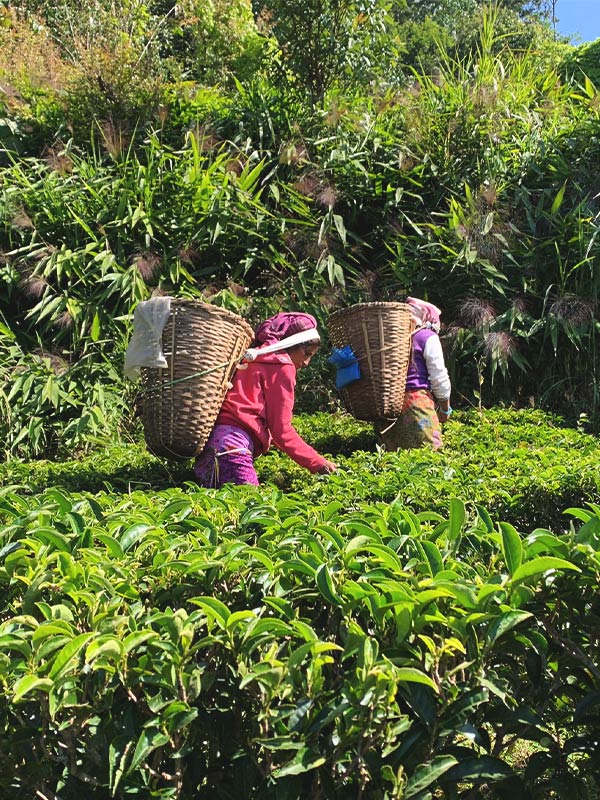
Non-intervention agriculture
In Nepal, Jun Chiyabari is moving ever closer to non-intervention agriculture: leaving the tea bushes to flourish amongst the unmolested flora around them - to flourish within the rich natural diversity of the terroir.
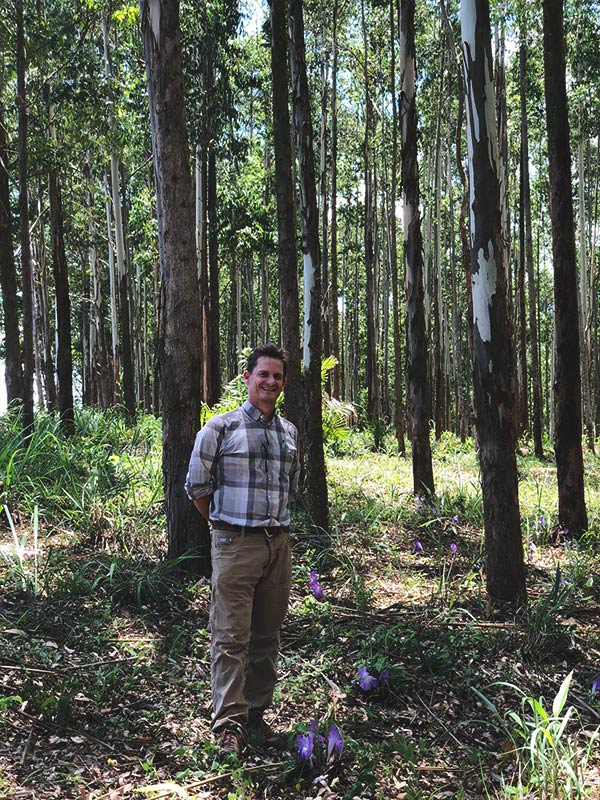
Sustainable forestry
In Malawi at Satemwa, they have been investing in tree nurseries and tree planting to protect the smaller tea bushes from the climate catastrophe that is engulfing the world.
Deeper tree roots protect the soil from erosion and flooding; their broad branches protect the tea from excessive heat and moisture loss, and their presence enriches the soil and creates richer habitats for the native fauna.
They also invest in sustainable forestry projects to power their tea production sustainably and cleanly, whilst protecting ancient, native forests.
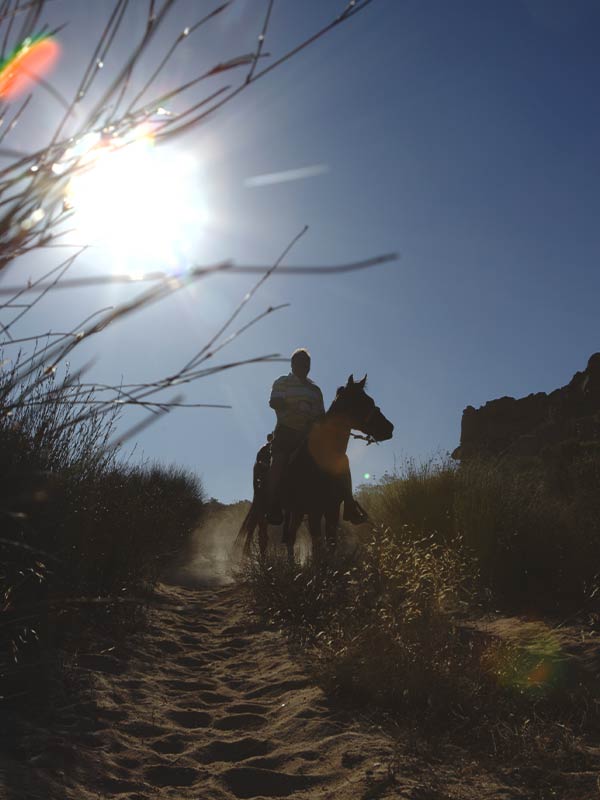
Harvest by horseback
Dr Strauss in Clanwilliam, in the Cederberg Mountains of South Africa, leaves the land completely wild to protect the delicate ecosystem of the semi-arid desert.
He hand harvests once a year, on horseback, cutting carefully from ancient rooibos plants, some many hundreds of years old, whilst doing no damage to the environment through machinery or vehicles.
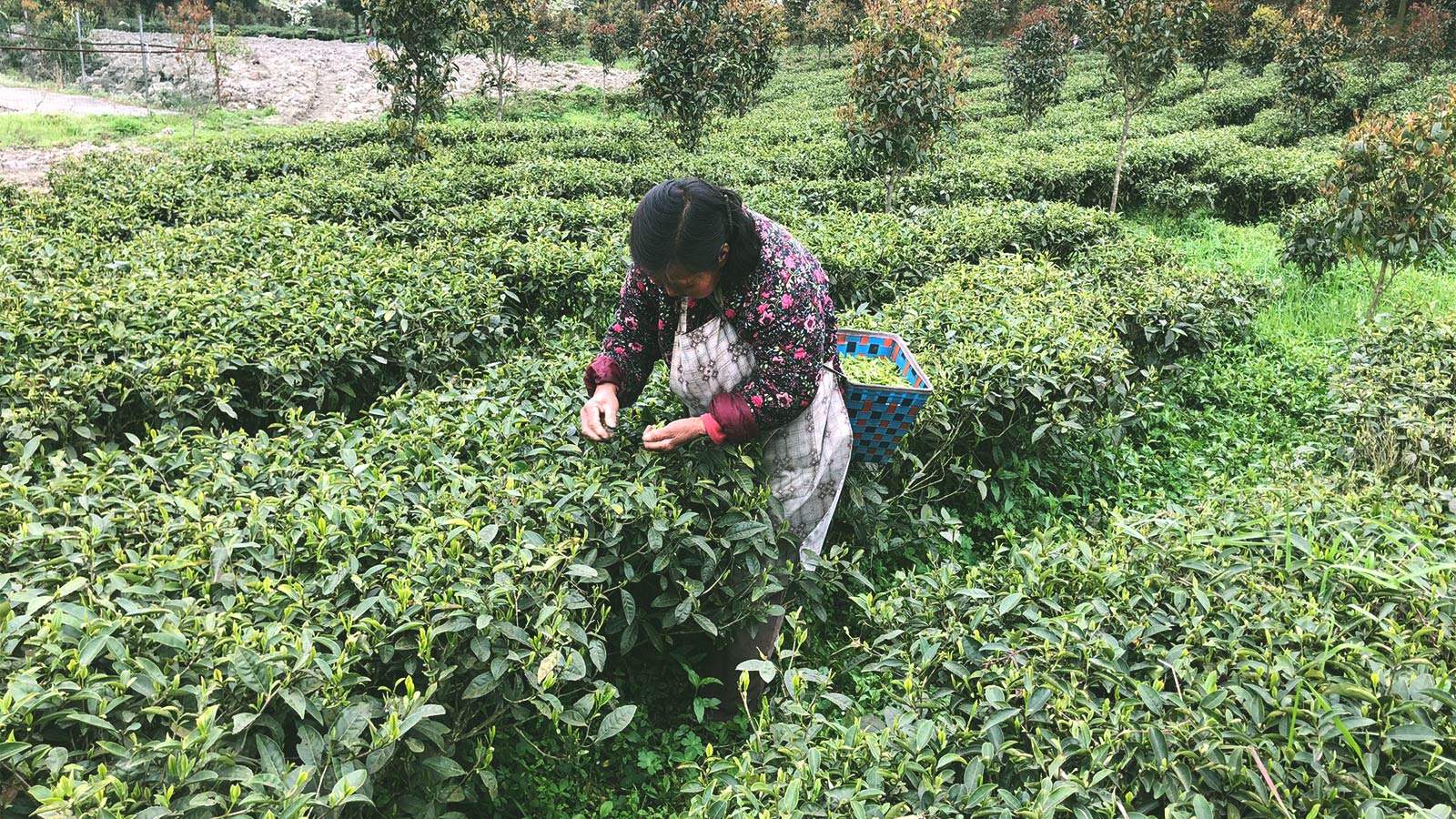
Why don't we have organically certified tea?
-

We work with some small producers, in marginalised rural communities, who don't have the money or manpower necessary for the complex and costly process of organic certification. Though organic regulatory bodies may be non-profit enterprises, the companies they outsource the business of certification to, are most definitely FOR-profit. Not only do they charge for inspection and certification, but they also charge for transport to the farm and accommodation. For small farmers, the cost can be intolerable.
-

We work with many gardens that have never used pesticides or herbicides on their land, it has always been farmed without any agrichemicals, using traditional practices going back many, many generations. Some of the gardens that have been certified have made the decision to stop applying because of the exorbitant cost - especially in the post-pandemic world where so many costs have risen steeply. Certification is far easier to arrange for big agribusinesses. We have deliberated very carefully over not labelling our tea organic. We concluded that the possible disadvantage to the smaller farms we most admire, who do everything right but simply can't afford it, outweighs the benefits.
-

We have instead taken the responsibility to test the teas from our partner farms ourselves. Better that we take the financial burden than them. We have our teas tested in Germany or Switzerland. We cannot label their tea organic, but we know they are farmed under organic principles. For some farms that we have been working with since 2004, we do not test every single harvest, but select teas at random. Newer farms, where we haven't built up so many years of unbroken trust, we test more rigorously.
Teas must also meet EU, US and national guidelines wherever it is imported. They are randomly sampled by the FDA and customs at border security across the globe.
Heavy metals in tea
We also have our tea tested for heavy metals. These can come from air pollutants. Farmers can do very little to protect their tea, or crops of any kind, from air contaminants. They are determined by air movements from industrial areas, sometimes from great distances away, even in different countries. While we only ever find minute traces of heavy metals or chemicals of any kind that approach the most stringent health and safety standards, the cleanest and purest teas possible are those that are youngest.
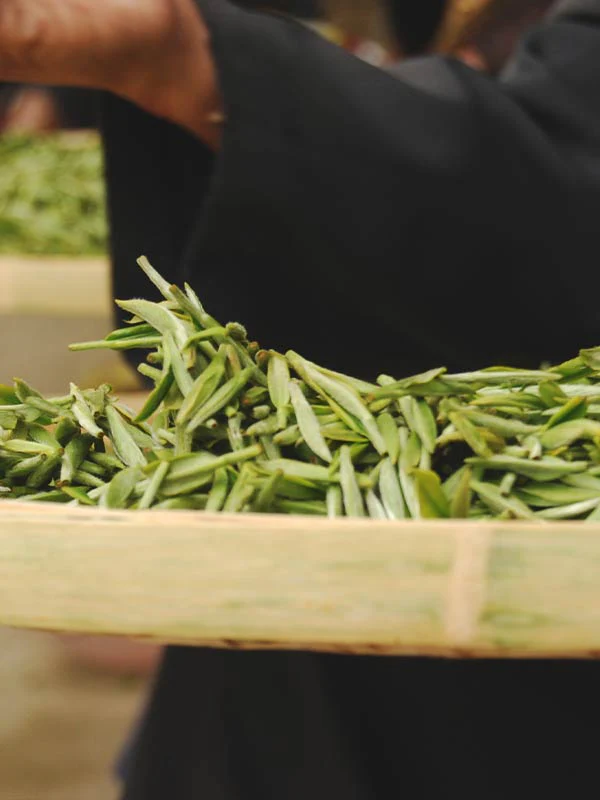
As we all know, there is mercury in our oceans and the oldest, largest fish like tuna, that have spent the most time in the sea, contains the highest levels of mercury. So too, teas that are gathered and crafted from older leaves will have spent the most time exposed to any possible air pollutants.
If you are in any way concerned about traces of heavy metal in tea please seek out the youngest, most tender spring teas - the white teas, most green teas and spring/first flush pluck black teas.
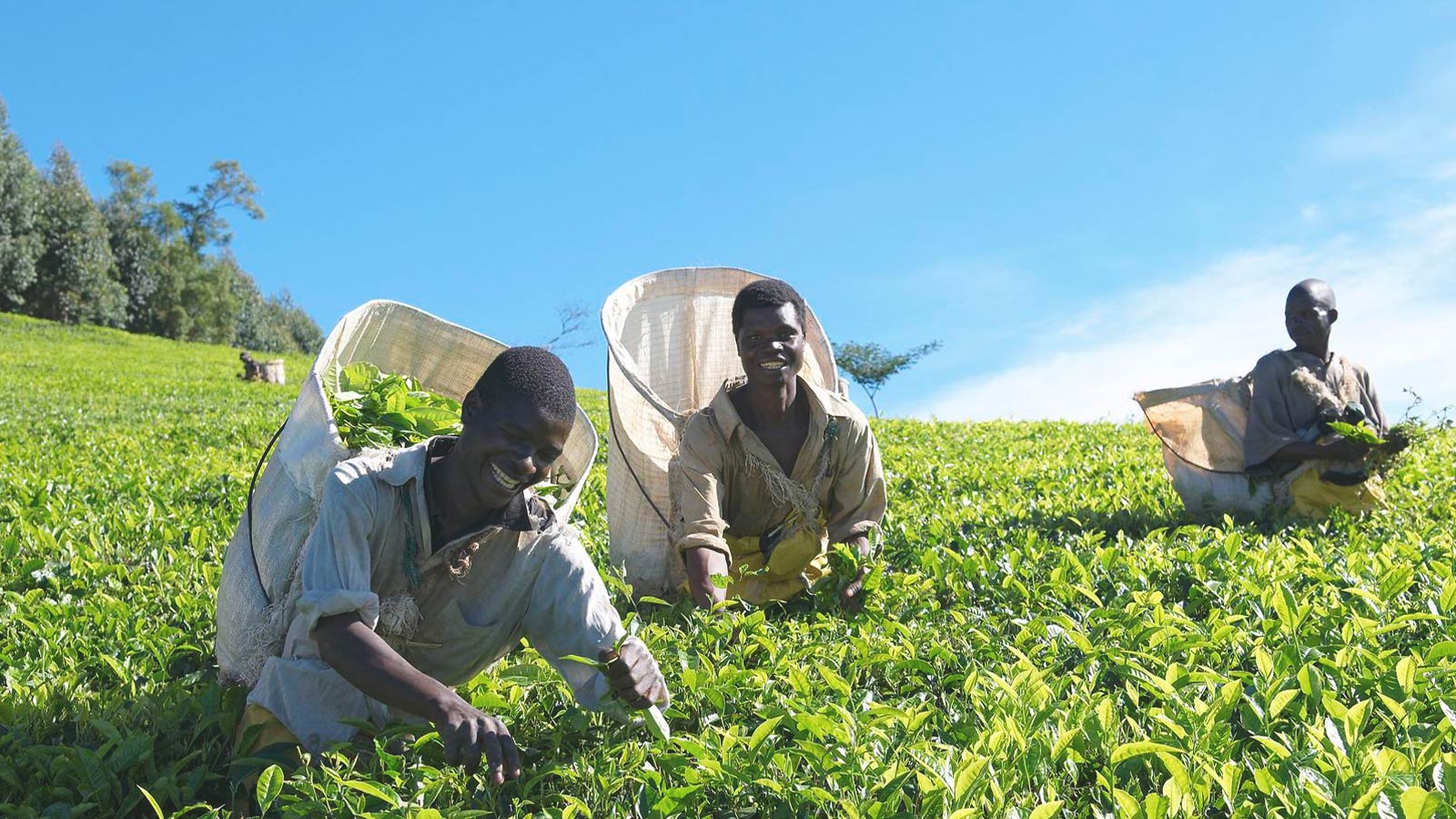
How you can help...
Many tea communities are in regions that have and continue to be adversely impacted by climate change. We have a responsibility to them - to champion those who are not only protecting their environment but working proactively to help it regenerate. We have the power as consumers to support the people who are trying their best for their communities and our planet and hopefully encourage others to follow suit. Our job is easy.










